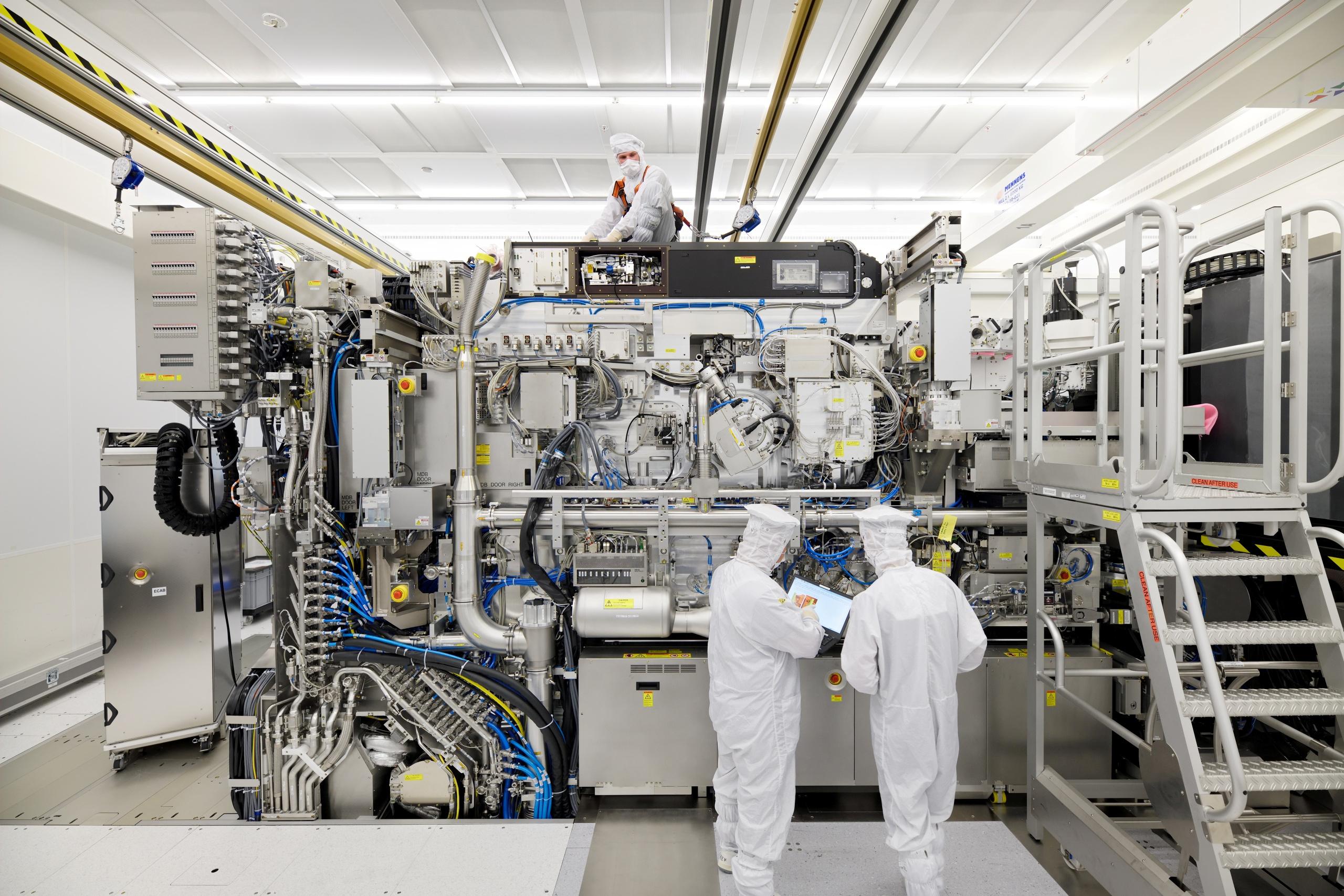TSMC To Upgrade Arizona Plant To 3nm, Founder Says

Taiwan chip giant TSMC plans to upgrade its Arizona facility to its most advanced 3nm manufacturing process, says company’s founder
Taiwanese chipmaking giant TSMC plans to bring its most advanced 3 nanometre manufacturing process at its new factory in Arizona, the company’s founder Morris Chang said on Monday.
Speaking at a press conference in Taipei after returning from an Asia-Pacific Economic Cooperation (APEC) meeting in Bangkok, Chang said the 3nm process would be brought to Arizona along with the less-advanced 5nm process that TSMC has said it initially plans to use there, although he said the plans had not been finalised.
“Three-nanometre, TSMC right now has a plan, but it has not been completely finalised,” he said.

‘Phase two’
“It has almost been finalised – in the same Arizona site, phase two. Five-nanometre is phase one, 3-nanometre is phase two.”
In 2020 TSMC committed at least $12 billion (£10bn) to build its first facility in Arizona, saying at the time the plant would use the 5nm process and create 1,600 jobs.
Construction began last year and production at the facility is expected to begin in 2024, with TSMC holding a “tool-in” ceremony on 6 December when it plans to install the batch of production equipment.
Industry watchers had speculated that TSMC, the world’s biggest contract chipmaker and a major supplier to companies such as Apple and Qualcomm, would upgrade the plant to the 3nm process, but so far the company hasn’t confirmed any such plans.
Local manufacturing
Chang has retired but is considered an influential figure in the semiconductor industry. TSMC declined to issue an official comment on the matter.
A number of countries have begun pushing for chipmakers to shift manufacturing facilities into their local regions, with the US and the EU both pushing major funding measures around the question.
The chip supply chain came into the spotlight two years ago amidst disruption caused by the Covid-19 pandemic, with sanitary measures leading to irregular production and worldwide lockdowns creating unpredictable patterns of demand.
‘Jealous’
Chang told reporters circumstances had caused people to realise the importance of the chip industry.
“There are a lot of jealous people, jealous of Taiwan’s excellent chip manufacturing,” Chang said.
“So there are also a lot of people who for various reasons, whether it is for national security or making money, hope to manufacture more chips in their countries.”